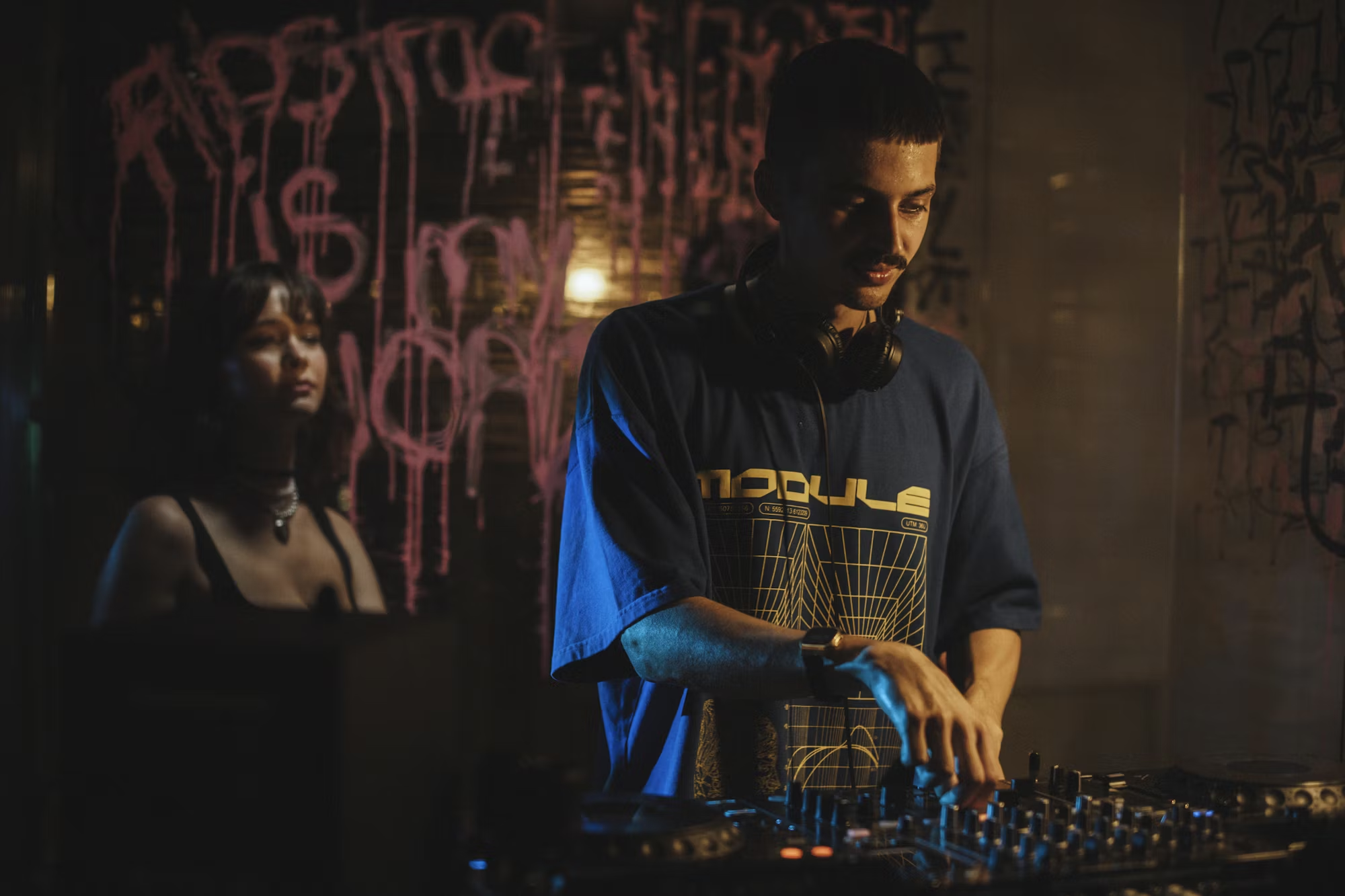Electronic dance music (EDM) has transcended borders and genres, emerging as a global phenomenon that resonates with diverse audiences. Its infectious beats and uplifting melodies have created a vibrant culture that unites people from different backgrounds, fostering a sense of community and belonging. This article explores the cultural impact of EDM, highlighting its role in building connections, influencing social movements, and shaping the music landscape around the world.
EDM’s journey began in the late 20th century, primarily in underground scenes across cities like Chicago and Detroit. These early movements birthed genres such as house and techno, drawing from a blend of cultural influences including disco, funk, and electronic experimentation. As artists began to explore new sounds, the genre evolved, gaining popularity in nightclubs and underground raves. This initial growth set the stage for a broader cultural shift, one that would ultimately lead to the mainstream acceptance of EDM.
One of the most remarkable aspects of EDM is its ability to create inclusive spaces where people can come together and express themselves freely. Festivals and events such as Tomorrowland, Electric Daisy Carnival, and Ultra Music Festival have become beacons of this inclusivity. These gatherings celebrate diversity and promote a culture of acceptance, welcoming individuals regardless of their background or identity. The shared experience of dancing to uplifting music cultivates a sense of unity among attendees, breaking down societal barriers and fostering friendships that transcend borders.
The impact of EDM on social movements cannot be understated. The genre has often been intertwined with messages of peace, love, and acceptance, resonating deeply with those who seek a sense of belonging. Many festivals have adopted the mantra of “PLUR” (Peace, Love, Unity, Respect), encouraging attendees to embrace these values. This ethos has inspired a generation to advocate for social change and stand against discrimination. Events have become platforms for raising awareness about various issues, including mental health, environmental sustainability, and equality.
Moreover, EDM has a unique ability to amplify cultural dialogues. As the genre continues to grow, artists are increasingly using their platforms to address social and political issues through their music. Songs that tackle themes of empowerment, resilience, and love resonate strongly within the community. This trend reflects a broader movement within the music industry, where artists recognize their influence and strive to create meaningful connections with their audiences.
The globalization of EDM has also led to the fusion of diverse musical styles and cultural elements. Artists from different countries and backgrounds are collaborating, blending their unique sounds to create innovative new genres. This cross-pollination enriches the EDM landscape, introducing fans to a wider variety of musical influences. For example, the rise of Afro-house and Latin-inspired EDM has brought fresh perspectives to the genre, showcasing how cultural exchange can lead to creative evolution.
The rise of technology has played a significant role in the dissemination of EDM culture worldwide. Social media platforms and streaming services have allowed artists to connect with fans and share their music across the globe. This accessibility has democratized the music industry, enabling emerging talent to gain recognition and reach new audiences without traditional barriers. Additionally, virtual events and live-streamed performances have provided new avenues for artists to engage with fans, especially during times when physical gatherings are not feasible.
Furthermore, the influence of EDM extends beyond the music itself; it has permeated fashion, art, and lifestyle. The vibrant aesthetics associated with EDM culture—neon colors, elaborate costumes, and striking visuals—have inspired designers and artists alike. Festivals often showcase art installations and interactive experiences, turning these events into immersive environments that stimulate creativity and self-expression. This intersection of music, art, and fashion creates a holistic experience for attendees, allowing them to engage with the culture on multiple levels.
The economic impact of EDM cannot be overlooked either. Festivals contribute significantly to local economies, attracting tourists and generating revenue for surrounding businesses. Cities that host major events often see a boost in tourism, with visitors seeking not only music but also the culture and experience of the destination. This economic influence reinforces the importance of EDM as a driving force in the global music industry.
As we look towards the future, the evolution of EDM culture will undoubtedly continue to shape the social landscape. The genre’s adaptability and resilience will allow it to respond to changing cultural dynamics, ensuring its relevance in an ever-evolving world. The ongoing commitment to inclusivity and social consciousness will likely remain at the forefront, as artists and fans work together to create positive change within their communities.
In conclusion, the global impact of electronic dance music extends far beyond the realm of sound. It has cultivated a culture that celebrates diversity, fosters community, and empowers individuals to embrace their identities. The transformative power of EDM lies in its ability to bring people together, creating spaces of acceptance and joy. As the genre continues to evolve, its cultural significance will undoubtedly resonate with future generations, shaping the way we connect and celebrate life through music.



